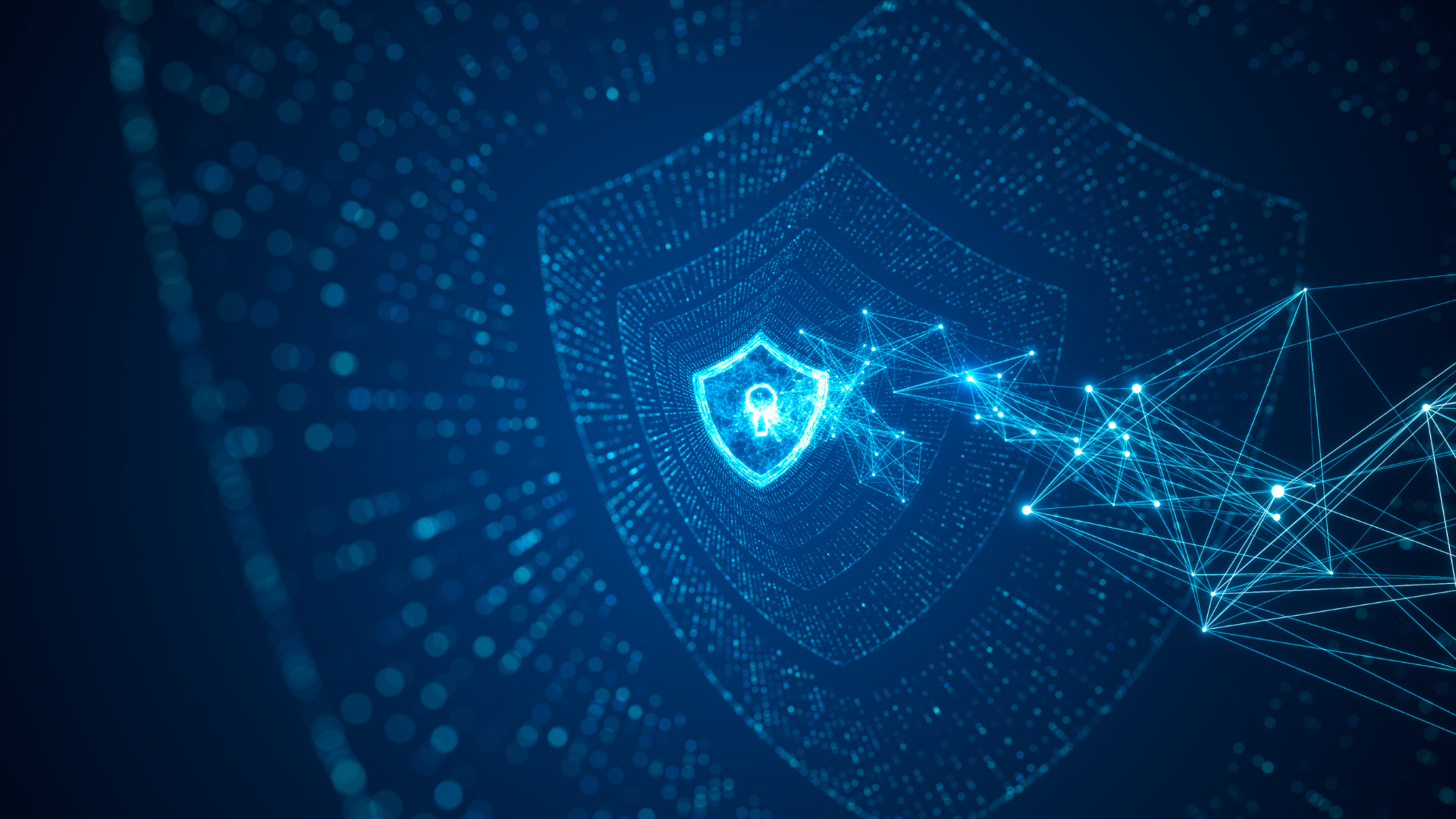
How to Be Cyber Safe in 2024
Within an organisation, Cybersecurity is everyone’s responsibility. Individual employees and contractors within an organisation can inadvertently pose cyber risks through their routine actions, and to mitigate this risk, organisations should establish a strong Cybersecurity culture and foster a sense of responsibility among employees. Cyber security training and awareness programs and implementing access and other controls are also important steps organisations should take. In both your work and your personal lives, here are some tips on how to be Cyber safe:
1. Use Strong and Unique Passwords
- Create complex passwords with a combination of letters, numbers, and symbols and ensure you avoid using easily guessable information like birthdays or common words.
- Use different passwords for different accounts.
- Ensure you change passwords periodically.
2. Enable Two-Factor Authentication (2FA)
- Enable 2FA (also known as Multi-Factor Authentication or MFA) whenever possible for an extra layer of security. This typically involves receiving a code on your phone or email in addition to entering your password.
- Authenticator apps are more secure than receiving a code via SMS or email.
3. Keep Software Updated
- Regularly update your operating system, antivirus software, and other applications to patch vulnerabilities. Enable automatic updates when available.
4. Be Cautious with Emails, Text Messages and Links
- Avoid clicking on suspicious links or downloading attachments from unknown sources. The sheer volume of links we receive via text makes it easy to click on links. Even if a link appears to be from a source you know, be wary about using the link, which could connect you to a spoof website.
- An email or text message with a link to a payment should be treated with particular caution.
5. Use Secure Wi-Fi Connections
- Ensure your home Wi-Fi network is password-protected.
- Change the default admin password on your Wi-Fi modem from the preset administrator password on the modems supplied by your Internet Service Provider.
- Avoid using public Wi-Fi for sensitive transactions, or use a Virtual Private Network (VPN) for added security.
6. Be Mindful of Social Media
- Limit the personal information you share on social media platforms and adjust privacy settings to control who can see your posts and information.
7. Regularly Back Up Your Data
- Back up important data regularly to an external hard drive or cloud storage – or ideally both. This will enable you to restore your data without losing valuable information.
- Using back-up software is preferable to simply backing up files, as it will make the restoration of your data and all settings much simpler. PC World has some recommendations for software, including free software: Best Windows backup software 2024: Free and paid options reviewed | PCWorld
8. Install and Update Security Software
- Use reputable antivirus and anti-malware software. Keep these programs up to date to defend against the latest threats.
- This should be installed on home/personal computers and devices, not just on work-issued devices.
9. Secure Your Mobile Devices
- Set a strong passcode for your mobile devices and use biometric features such as Face ID.
- Install security apps and enable remote tracking and wiping features.
- Be wary of which device you buy – some Android mobile phone manufacturers (particularly from China) have been accused of collecting data via mobile phones. This is alleged to include identifiable user data, data from Apps, and IMEI numbers. The IMEI (International Mobile Equipment Identity) number is a unique 15-digit serial number for identifying a device; every mobile phone in the world has one. The IMEI number can be used for good – for example, to stop a stolen phone from accessing a mobile network in a specific country, but can also be used by threat actors to create duplicate SIMs to receive MFA codes.
Finally, ensure you continue to educate yourself to stay informed about common cyber threats and scams. Following these practices can significantly enhance your ability to be Cyber safe and reduce the risk of falling victim to online threats.
Contact CyBiz to help your organisation take steps to be cyber safe in 2024, or for support in any of the 9 actions recommended above.
Posted in Blog, General, Risk Assessment and Penetration Testing
